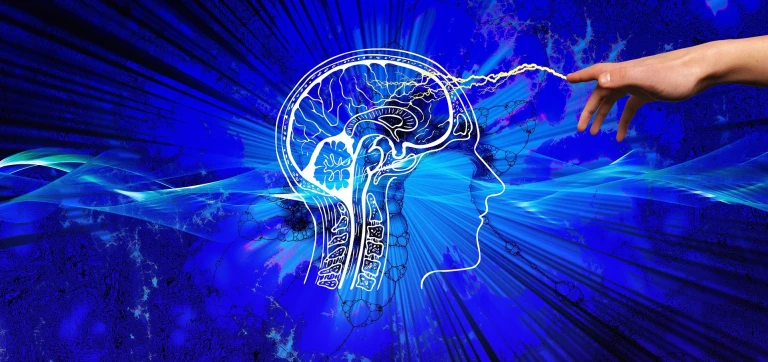European Union

The positive and negative effects of video games on children's development have been widely debated in recent years. There were numerous pro and con arguments used, and the conflict grew increasingly heated. The feud has since been calmed down, but it still elicits strong emotions. The problem is similar to programming, which is still regarded as "wasting time in front of the screen." However, it has been discovered that programming (like video games) can have a positive influence on children's brains and ways of thinking. Continue reading to learn more!
A few words about the introduction
In this article, we'd like to delve a little deeper into programming's positive influence on children's brains. We will draw on both our own experience and scientific research.
One of the most common misconceptions is that programming is monotonous and has nothing to do with creative work. Of course, that is not the case.
Learning a coding language is only one piece of the puzzle that is programming. A good programmer must not only be fluent in the language, but also be able to think logically and analytically.
According to recent research, programming can have a significant impact on the brain. Of course, this does not imply that learning to code will turn you into the next Sherlock Holmes - it does not work that way. However, programming has a significant impact on your train of thought.
Let us now discuss the studies
A plethora of studies have been conducted to confirm coding's positive impact on the human brain. Scientists demonstrated in 1991 that there is a strong link between learning to program and developing cognitive skills.
A total of 65 students were invited to participate in this experiment by scientists. One group had programming classes, while the other did not. The results were unexpected! When cognitive skills were tested, the group that took programming classes performed 16 percent better.
Another study, conducted between 1999 and 2009, demonstrated that learning coding can accelerate the process of absorbing knowledge. As a result, our memory improves and the brain is constantly trained, making it healthier and more resistant to dementia and Alzheimer's.
Is a programmer's brain any different from the brain of a regular person?
To answer that question, we must concentrate on the concept of mental models. Our brain creates these representations of real-life situations. They are created based on our imaginations or what we see at the time.
Mental models play a critical role in the process of absorbing knowledge. That is evident in an example of learning your first coding language.
When you learn, new mental models are formed inside your brain, which can help you improve your problem-solving abilities. As a result, a brain that is accustomed to a particular mental model will struggle to create new ones while learning another language. The already formed train of thought is not very malleable and difficult to change.
Coding is a little different in that you can't just focus on one language or one problem. It is a system that is constantly changing, and you must think outside the box to understand and solve the problems.
Programmers, as a result, are not only better analysts, but also have a much better memory. What matters most is that it is primarily due to their methodical mental training, rather than genetic predispositions.
The MRI will reveal the truth!
An MRI study was conducted on a group of 17 programmers in 2014. The brain centers responsible for semantic and operational memory were found to be the most active.
Furthermore, the brain centers responsible for counting and logical thinking were not as active. According to research, when we program, we activate the same brain parts that we do when we learn a new language.
To summarize, coding helps to develop not only logical and analytical thinking, but also semantic and operational memory. Our brain is constantly being trained, which can aid in the prevention of Alzheimer's disease, dementia, and neuron degeneration. We can also process more information at the same time.
A study clearly shows that learning to code can bring a lot of benefits, not only to our future jobs but also to our health. The stereotype of the sick and pale programmer is untrue! Programming is one of the most demanding types of intellectual work and it’s worth your time as long as you find it satisfying and enjoyable.
Vote utilisateur: 5 / 5
COM_CONTENT_ARTICLE_VOTE_TITLE



